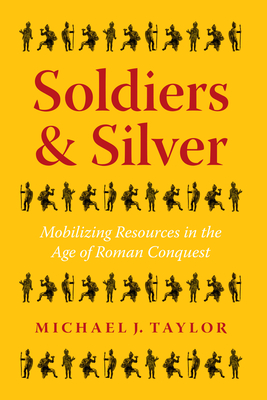Expedite your nonfiction book discovery process with Readara interviews, summaries and recommendations, Broaden your knowledge and gain insights from leading experts and scholars
In-depth, hour-long interviews with notable nonfiction authors, Gain new perspectives and ideas from the writer’s expertise and research, Valuable resource for readers and researchers
Optimize your book discovery process, Four-to eight-page summaries prepared by subject matter experts, Quickly review the book’s central messages and range of content
Books are handpicked covering a wide range of important categories and topics, Selected authors are subject experts, field professionals, or distinguished academics
Our editorial team includes books offering insights, unique views and researched-narratives in categories, Trade shows and book fairs, Book signings and in person author talks,Webinars and online events
Connect with editors and designers,Discover PR & marketing services providers, Source printers and related service providers

Soldiers and Silver: Mobilizing Resources in the Age of Roman Conquest
History > Ancient - Rome
- University of Texas Press
- Hardcover
- 9781477321683
- 6.3 X 9.1 X 1.1 inches
- 1.1 pounds
- History > Ancient - Rome
- (Single Author) Asian American
- English
Readara.com
Book Description
By the middle of the second century BCE, after nearly one hundred years of warfare, Rome had exerted its control over the entire Mediterranean world, forcing the other great powers of the region--Carthage, Macedonia, Egypt, and the Seleucid empire--to submit militarily and financially. But how, despite its relative poverty and its frequent numerical disadvantage in decisive battles, did Rome prevail?
Michael J. Taylor explains this surprising outcome by examining the role that manpower and finances played, providing a comparative study that quantifies the military mobilizations and tax revenues for all five powers. Though Rome was the poorest state, it enjoyed the largest military mobilization, drawing from a pool of citizens, colonists, and allies, while its wealthiest adversaries failed to translate revenues into large or successful armies. Taylor concludes that state-level extraction strategies were decisive in the warfare of the period, as states with high conscription and low taxation raised larger, more successful armies than those that primarily sought to maximize taxation. Comprehensive and detailed, Soldiers and Silver offers a new and sophisticated perspective on the political dynamics and economies of these ancient Mediterranean empires.
Author Bio
Michael J. Taylor is an Assistant Professor in the Department of History at the State University of New York at Albany. Previously, he was a Lecturer of History at the University of California, Berkeley and a Lecturer of Classics at Santa Clara University.
He holds a Ph.D. in Ancient History from UC Berkeley and an A.B. in History from Princeton University. His research focuses on the Roman Republic and the Hellenistic world during the third and second centuries BC.
His dissertation, a comparative study of state revenues and the military mobilizations of Rome, Carthage, and the Hellenistic kingdoms, examines these metrics of state power against the outcomes of interstate conflict. Other research interests include politics in Republican Rome, Roman military organization, and visual representations of warfare in the ancient world.
While in graduate school, he served as an officer in the California Army National Guard, deploying to Iraq as a platoon leader and Kosovo as a company executive officer.
Source: The University of Texas at Austin and University at Albany SUNY
Videos
No Videos
Community reviews
No Community reviews

